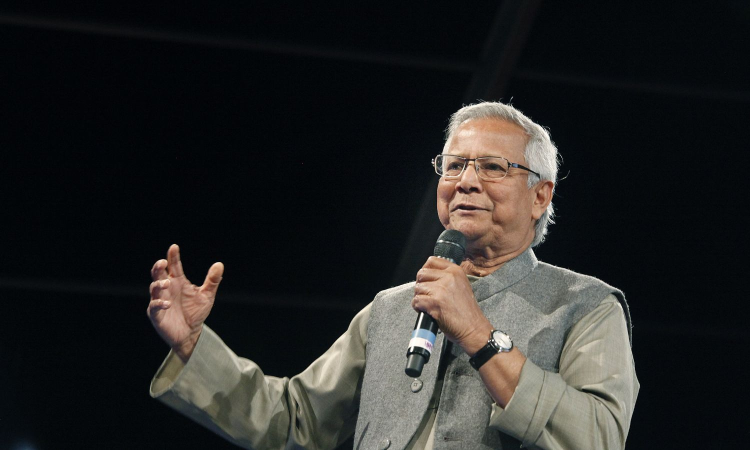Editorial: Bangladesh’s tryst with democracy
Ensuring electoral integrity is both a possibility and a challenge in a period marked by political and administrative transition and hopes of overall democratic transformation.

Bangladesh’s interim government has reiterated that general elections will be held in February 2026. Law Adviser asserted that preparations are under way for the election of a new government after the fall of the Sheikh Hasina government in the wake of widespread protests that rocked the country and the subsequent formation of the interim government headed by Muhammed Yunus. This reiteration was necessitated by the speculations in political circles and even among sections of the common people that elections may not be held as announced by Yunus and the election commission. Interestingly, the army chief too said that the military would extend support for the holding of “free, fair and neutral elections”.
Opinion is divided about holding the elections before reforms and criminal trials are completed. The student-led National Citizen Party (NCP) was keen on it, while many feel that it may not be pragmatic. There is no doubt that a number of reforms need to be completed for the restoration of democracy. There is a pressing need for strengthening of democratic institutions, which have been weakened in recent years and during and after the popular protests. Governance is in a shambles, and tackling corruption is proving to be a daunting challenge despite earnest efforts. How will the government conduct trials in a fair manner, even as Awami League leaders and others close to the then political establishment are crying vendetta and political witchhunt? Secondly, the country needs to reform its electoral system by creating space for political functioning and competition, besides putting in place mechanisms to curb voting irregularities. This is easier said than done. Ensuring electoral integrity is both a possibility and a challenge in a period marked by political and administrative transition and hopes of overall democratic transformation.
The government is acutely aware and is somewhat under pressure to take the country towards legitimate democratic functioning, which is necessary for putting the economy back on track. According to the industry bodies, the economy is showing early signs of recovery, while problems relating to capital mobilisation and trade continue to persist. On top of everything are the US tariffs dangling over industries, especially the readymade garment industry, like a sword of Damocles. The country is looking to the World Bank and Asian Development Bank for financial assistance to help the ailing economy. International financial institutions will extend loans to the tune of USD 1.4 billion, and some of these are tied to structural reforms and commitment to promoting transparency and good governance.
Even as Sheikh Hasina completes a year in exile in India and with a trial against her and others under way in Bangladesh, all eyes are on how the elections will pan out. India would want the Yunus administration to hold “inclusive, fair and free elections at an early date”. From the Indian perspective, holding free and fair elections is a democratic way to ascertain what the Bangladesh voters want, and India hopes that they will choose a government that will be moderate and maintain good relations with New Delhi. At present, with the beleaguered Awami League facing a ban, the Khaleda Zia-led Bangladesh Nationalist Party and the NCP in the race, India needs to be wary about the idealistic NCP and its political naiveté, and the ideologically-divided Islamist parties, their consolidation, and their relationships and influence over BNP and NCP.



